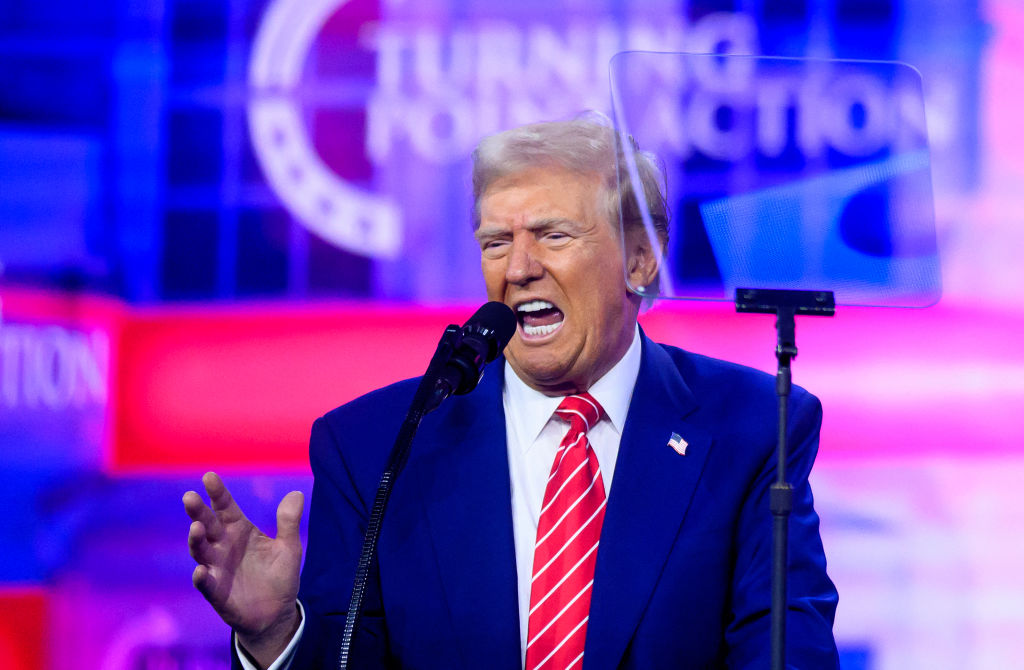The rise of Donald Trump was thought by many to be a rebuke to foreign adventurism. But the President-elect’s recent expressions of interest in acquiring territory at the expense of Canada, Mexico, Panama, and Denmark signal not so much an end to American empire as its reorientation away from liberal internationalism. Instead, they look toward what has been termed a new “manifest destiny”, which seeks to augment the size, power, and wealth of the US within its own continent and hemisphere.
Republicans claim this is simply a clever negotiating tactic to extract concessions, all part of a “broader plan” to reassert American interests. MAGA media supporters are having fun with the idea, blurring the line between seriousness and frivolity. But seen from the vantage point of US allies and neighbours, such threats are no laughing matter and cannot be treated as such.
In Canada, Trump’s “51st state” comments have triggered existential panic among the political class, despite the official silence of Justin Trudeau’s federal government. Instead, it has fallen to Ontario’s conservative Premier Doug Ford to articulate how Canada would respond to this and earlier tariff threats: in this case, by withholding vital energy exports to adjacent US states.
South of the border, Mexico and Panama have banded against the gringo colossus, with the latter country’s President, José Raúl Mulino, issuing a defiant rebuttal to Trump’s idea of retaking the canal. Meanwhile, Mexico’s Claudia Sheinbaum — who is also facing the threat of a “soft invasion” — seconded the motion, along with numerous other Latin American leaders. Trump’s stance would mark a stark reversal of the 1977 Panama Canal Treaty, a key part of the late Jimmy Carter‘s legacy.
For its part, Denmark has ramped up defences in Greenland this month in response to Trump’s offer to buy the territory, which he first floated in 2019. This is a significant move considering that the Danes are, like the Canadians, founding Nato allies.
All this points to mounting but arguably needless divisions at a time when the Western sphere should be working to secure internal unity in the face of strategic threats from rival powers such as China and, in the short-term at least, Russia. Trump’s tendency to view America’s relationships with the world through a crudely bilateral lens, as opposed to a more systemic one, may end up driving otherwise friendly nations into Beijing’s embrace. And it would make MAGA grievances about waning American prestige something of a self-fulfilling prophecy.
Washington shouldn’t be surprised if, for instance, Mexico looks to deepen integration with the Chinese, or Panama renews its ties with the Belt and Road Initiative. Trump alluded to this relationship last week by referring to “Chinese soldiers” stationed at the Panama Canal, but such rhetoric will only drive Mulino further away. Canada, as with Denmark, has soured on Beijing, but the argument for a volte-face could suddenly become more reasonable if talk of US annexation continues. China, which desires an Arctic foothold, will welcome mended relations with these states.
Americans may end up regretting this bluster for, to paraphrase Thucydides, “the strong do what they can and the weak adapt as they must.”











Join the discussion
Join like minded readers that support our journalism by becoming a paid subscriber
To join the discussion in the comments, become a paid subscriber.
Join like minded readers that support our journalism, read unlimited articles and enjoy other subscriber-only benefits.
Subscribe